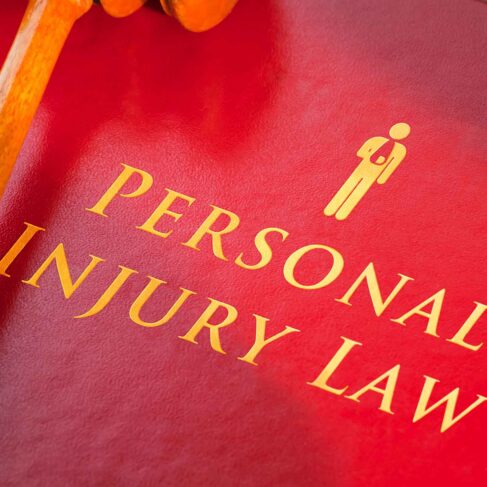Stay connected
Be the first to know about new programs, upcoming events, or other exciting opportunities happening at the University of Georgia by joining our mailing list.
About this course
What you’ll learn
This course covers essential aspects of family law that you need to understand, including divorce, property division, alimony, custody, and support, as well as post-divorce actions. Topics also include legal separation, annulments, prenuptial agreements, common law marriage, and civil unions. You will examine child support, parenting plans, visitation, and support modifications, along with settlement methods like mediation and dispute resolution. The curriculum addresses paternity, custody, abandonment, protection orders, intimate partner violence, juvenile delinquency, adoption (including international and same-sex), and issues related to assisted reproduction and surrogacy. Offered in partnership with CLS by BARBRI, this course provides you with an understanding of the key terminology, procedures, and legal framework of family law.

Learning objectives
- Discuss family law concepts like divorce, property division, and custody through coursework and case studies.
- Learn about legal procedures for prenuptial agreements, annulments, and family structures via simulated court hearings.
- Practice conflict resolution and dispute techniques through role-plays.
- Analyze child support, visitation, and modification cases to identify legal responses.
- Debate ethical issues like adoption, surrogacy, and assisted reproduction.
- Apply legal terminology and procedures in real-world cases through activities.
- Collaborate to develop parenting plans and settlement strategies.
Continuing Education Information
You will be expected to spend an average of 8 hours per week reading and completing writing assignments. Please note that extensions will not be granted for this online course. 70% is the minimum passing score on all tests and assignments for this course. Students may consider working ahead in the curriculum if they have the time. Coursework in Family Law is equivalent to 45 clock hours of study.
Requirements & policies
Prerequisites
Successful completion of Paralegal I and II, or equivalent experience.
Textbooks
Required textbooks for this course:
- Family Law in a Nutshell, Most Recent Edition. St Paul: West Group by Harry D. Krause.
Highly Recommended Legal Resources:
- Gilbert Pocket Size Law Dictionary, 3rd Edition. West Academic.
Prices, course details, dates, and times are subject to change.
Contact us + FAQs
FAQs
View the most frequent questions asked by our learners
Financial and Military Assistance
Find out which programs are eligible for assistance
Accommodations
View our accommodation policy





